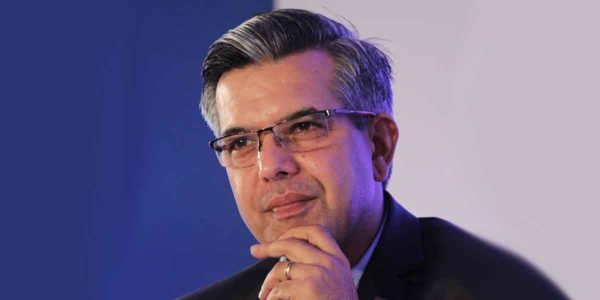What is a Probate Attorney?
Probate is administering a decedent’s estate according to their will or under state guidelines. A probate lawyer is a state-approved attorney who assists the estate’s beneficiaries in settling the decedent’s affairs. In this article, we will discuss how a probate attorney helps in probate and how probate assists a probate attorney.
One may feel entirely overwhelmed by loss when a loved one passes away. Therefore, taking time to recover is crucial, and one needs to take a break from domestic and work commitments.
A probate estate attorney may be involved in the process depending on the particular deceased’s estate. Whether or not the dead person left a final will depend on the size of the estate and its contribution.
Without a will, heirs, and beneficiaries can file claims to get what they are legally entitled to. In situations where the choice is available, the attorney will ensure that the decedent’s wishes are honored and handle issues that might arise over the will’s validity.
A Probate Attorney can assist with a rapid, lawful, and fair distribution of an estate.
Assets will be administered by state regulations and the deceased’s preferences as stated in their will while alive. A probate lawyer helps the will’s executor or beneficiary to navigate the procedure that focuses on locating and allocating assets and inheritance.
If the decedent had a will, a probate lawyer could assist in providing legal advice to all parties concerned, including the beneficiaries and the will’s executors. It was essential to verify the choice correctly and that it wasn’t written under duress. So that the probate attorney can assess the document, seniors or unwell people may experience unfair pressure from others who want a share of their fortune in the final stages of their lives.
Estate litigators are probate lawyers focusing on civil cases involving a decedent’s estate. They assist beneficiaries who might have concerns about the validity or content of the will.
If there is no will
The State’s intestate rules automatically take effect if someone passes away without a will. Regardless of the deceased’s intentions, the State decides how the estate and assets will ultimately be divided. The dead person’s surviving spouse inherits the entire estate in various states. However, Intestate rules differ, and each case will handle individually.
The estate administrator can get assistance from a probate attorney in distributing the assets per the law. The lawyer’s activities, in this case, are justified by the intestacy statutes of the State.
This form of succession can be confusing when there is a legal separation, impending divorce, or adopted children. A probate lawyer can help clarify things and show the courts whose blood relations, such as spouses, partners, and children, the court needs to include in the inheritance.
The probate lawyer then assists the family in selecting the estate administrator by obtaining “renunciations” from the deceased person’s skin. A renunciation is a valid declaration that one has no right to manage the inheritance. After that, the attorney assists the administrator with the probate procedure.
Here is a list of the main routine tasks that a probate lawyer may assist with during the probate cycle:
- Locating assets and protecting them
- Obtaining life insurance payouts
- Getting estimates and valuations for the assets
- Resolving debts and paying bills
- Resolving concerns with income or inheritance tasks
- Handling the documents required by the probate court
- Streamlining the financial records of the deceased
Asset distribution by a will or the intestacy rules.
Even though they are not legally necessary, probate attorneys are essential to the entire probate procedure. A regular person becomes perplexed by the various functions and laws involved in the probate process.
Additionally, one keeps the decedent’s estate operational throughout the procedure by paying bills and taxes. It can end up being tedious. A probate lawyer aids in efficiently carrying out each task. They also complete tasks on time to hasten the probate process.
They contribute objectivity and sanity to the process tainted and disrupted by animosity between beneficiaries.
Conclusion
A Probate lawyer collects the life insurance policies. This will help the executor and beneficiary while paying inheritance taxes. In probate, a probate attorney helps calculate the potential estate and income tax liabilities and delivers them while making all this smooth and easy.







